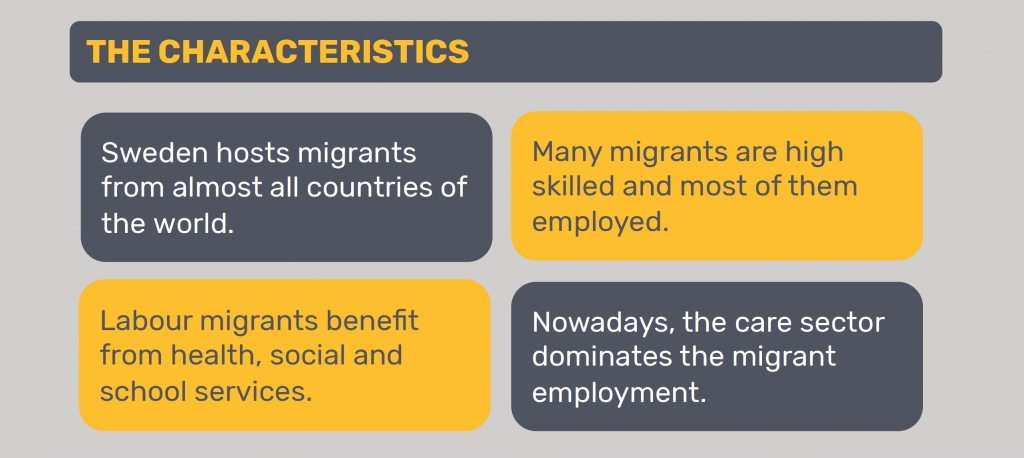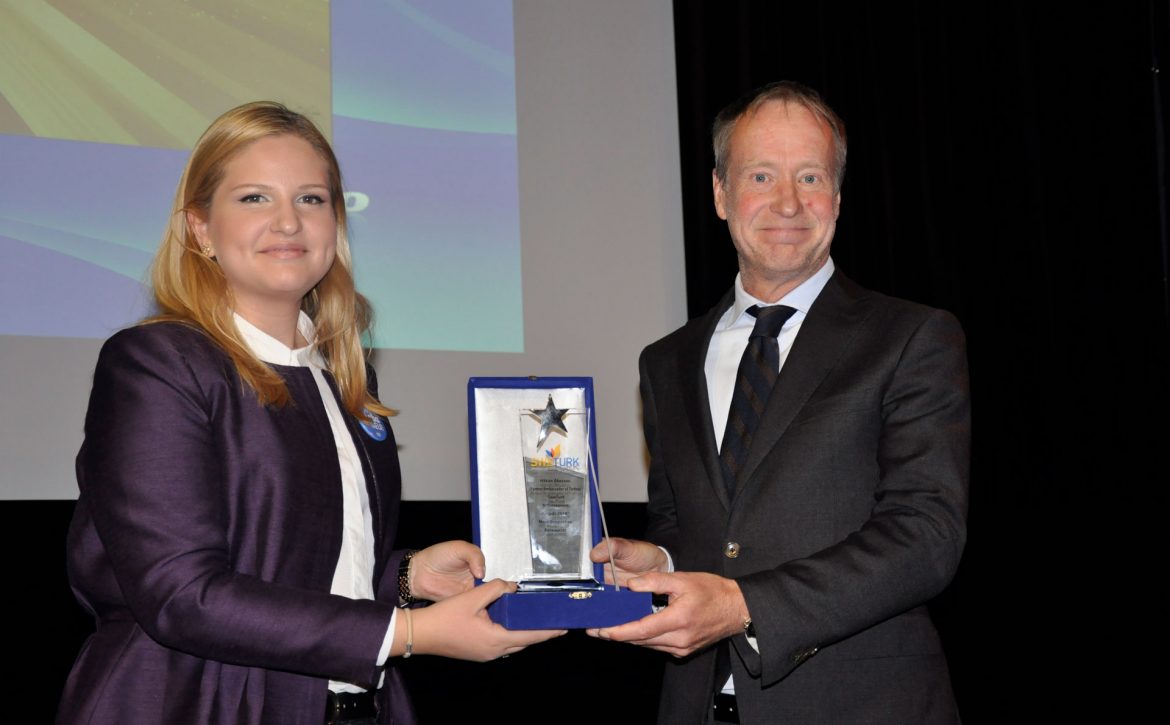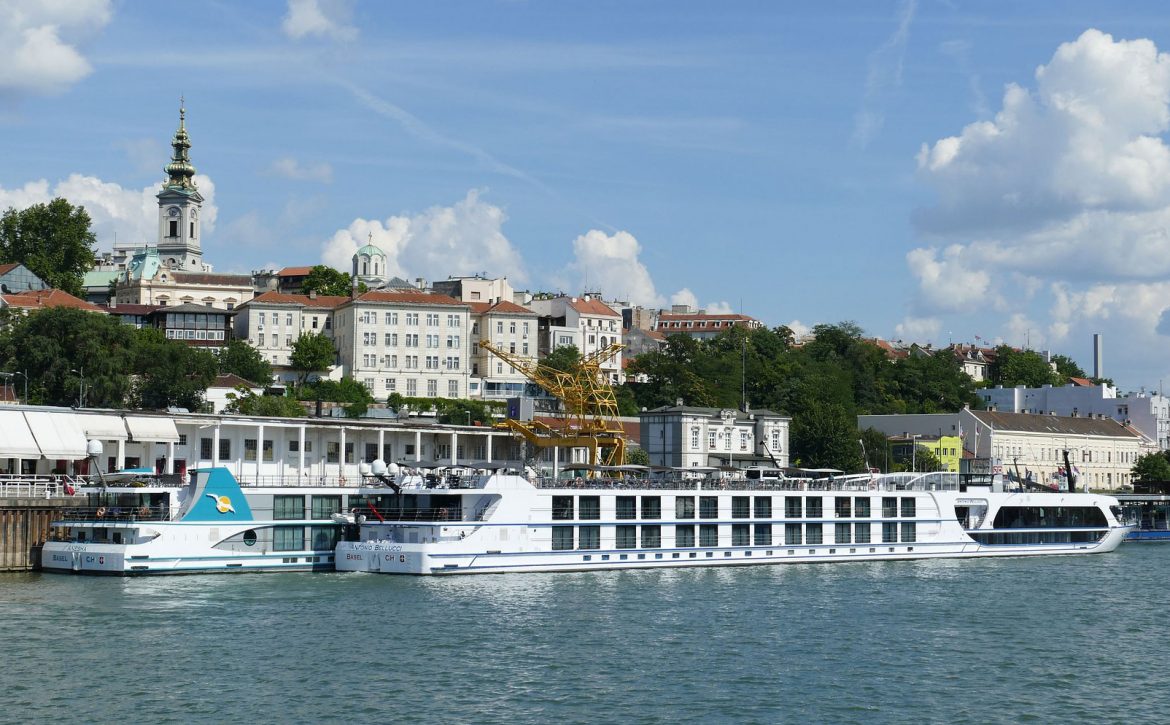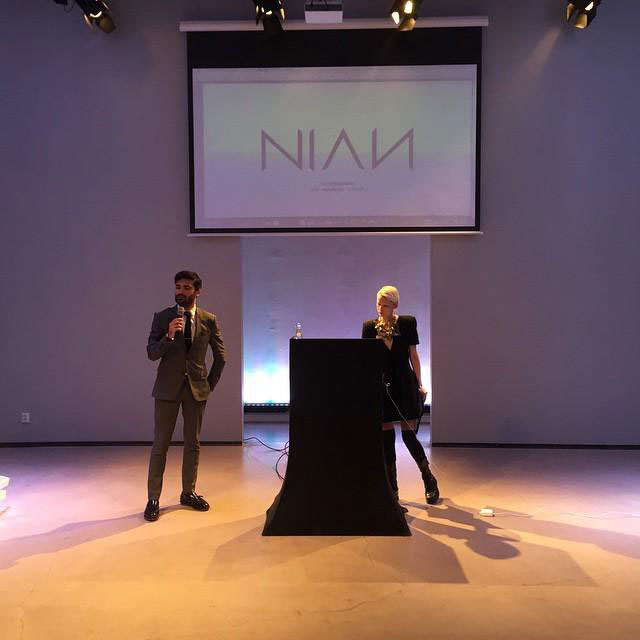By Marko Čadež*
Serbia is an increasingly attractive investment destination, and Serbian companies have a growing capacity to be a reliable partner and supplier to investors and customers from the Nordic region.
At the beginning of 2015, good foundations were made for substantial improvement of the economic relations between Serbia and the Nordic countries. The year started with the visits of the Prime Minister of the Republic of Serbia, Mr. Aleksandar Vučić, to Finland, at the end of January, and to Sweden, at the beginning of February, which were marked by the discussions with the highest officials and businesspeople. Already in March, the State-Business Delegation of Finland visited Belgrade, which was another opportunity to inform the Nordic region countries about the progress achieved by Serbia in creating even more incentive conditions for business activities and investments, but also about the export and investment potentials of the Serbian market. We have renewed old and established new contacts at all levels, and economy was in the focus of all discussions. In the coming period, we expect intensifying of contacts with other countries of the Nordic region.
The foundations for strengthening the cooperation are becoming better. The list of the Serbian advantages in attracting foreign companies is long: from the political and macroeconomic stability and reform orientation of the Government, focused on the economy, through free trade agreements that open up a market of 800 million consumers, from the favourable legislative, tax and incentive regimes, to competitive and qualified labour force.
Serbia is an increasingly attractive destination for investments, and Serbian companies have the capacity to be a reliable partner to foreign investors. A special potential for cooperation are clusters of the Serbian companies. Currently, there are about a hundred of them in 13 sectors, mainly in agriculture, tourism, IT sector, metal, construction, and pharmaceutical industries. They gather and connect about 500 companies and employ 40,000 persons. Organized in such a way and associated, our companies may become confident suppliers and serious partners in production and trade with Nordic companies.
The statistical data show in the best way that there are great possibilities for improvement of the Serbian – Nordic trade relations. Foreign trade exchange of Serbia and the Nordic countries is modest, with a constant deficit on the Serbian side: last year it amounted to slightly more than 700 million US dollars, which is only 1.9 per cent of the total foreign trade of Serbia with the world. Last year exports of Serbian products to the region – 152.3 million US dollars – were only 1 per cent of the total exports from Serbia, whereas imports from the Nordic countries – 548.6 million US dollars – was about 2.6 per cent of the total Serbian imports. Exports covered only 27.8 per cent of imports.
From among the Nordic countries, Sweden is the biggest importer from Serbia, but it is also the biggest exporter to our market, whereas the lowest commodity trade has been achieved with Iceland. The most balanced trade has been recorded with Norway.
Last year, 2,784 Serbian companies were involved in the export-import business with the Nordic countries, whereby the top 20 companies accounted for 66 per cent of Serbian exports to and 44 per cent of imports from the Nordic countries. The biggest exporters and importers are the Nordic companies operating in Serbia. Major exporter to the Nordic region was Grundfos Serbia, which is, at the same time, one of the biggest exporters in Serbia. The largest importer from the Nordic countries was Tetra Pak Production.
Major individual Serbian export products are raspberries, with the share of about 10 per cent in the total Serbian export to this market. Every second raspberry purchased by the Finnish comes from Serbia. The list of products that are mostly exported includes parts for machines, refrigerators with freezers, waterproof rubber footwear, circulation pumps, protein concentrations and pneumatic tyres. The import list is dominated by paper and paperboard, which account for almost a third of the value of import from the Nordic region. We also import parts for machines, medicines, base stations for wireless networks, caustic and sulphate pulp.
The biggest obstacle to expanding mutual trade is poor knowledge of each other’s markets. An important role in elimination of the barrier and better information of businesspeople could be played by business associations. Chamber of Commerce and Industry of Serbia and the Chamber of Commerce of Sweden signed in Stockholm, in February, a Memorandum of Cooperation to strengthen economic relations and networking of the business communities of the two countries. The Nordic Business Alliance has been active in Serbia for five years, bringing together companies from the Nordic Region, which have been operating successfully in Serbia. The attractiveness of Serbia, as a new market for Nordic companies, is growing thanks to the reforms being implemented, progress in the process of European integration, and harmonization of legislation and implementation of European standards in manufacturing and business operations. In that, the experience, knowledge, and business concepts brought by Nordic companies to Serbia are valuable, since the Nordic investors in Serbia, such as „Telenor“, „Elopak“ „Carlsberg“, „Eurolift“, „Tetrapak“, „Securitas“, „Grundfos“ or „Nokia“ are the best promoters of our country as a destination for investments and business. They brought to Serbia capital, but also modern management and new technologies, created new jobs and paved the way for new export channels for products labelled „Made in Serbia“. Based on the Memorandum of Understanding signed by the Government of the Republic of Serbia and the City of Belgrade with the representatives of IKEA, it is expected that this company will open its first store in Serbia at the end of 2016.
We see the potential for improving trade with the Nordic countries primarily in the food and textile sectors. Increase in export to the Swedish market is most realistic in the following areas: food industry (export of wine, organic fruit and vegetables, oil, tea), textile and footwear industries, furniture, metal industry, and IT sector.
In the coming period, Serbian producers will get connected with large retail chains – main distributers on the market of the Nordic countries. Frozen raspberries from Serbia have found their way to customers through the shelves of United Nordic. The same has happened with our car tires, metal structures, devices, veneer. There is also interest in frozen fruit and vegetables, and dried fruit, but also in purchase of ethnic food (ajvar /chutney/, pickled vegetables)
A chance for the Serbian textile industry is in the fact that the Nordic region is a large importer of textiles and that there is a demand for high quality products of original and modern design. In recent contacts, potential partners from Sweden have expressed interest in cooperation in the area of environmental protection (construction of landfills, water treatment plants), tourism (building hotels in Belgrade) and pharmaceutical industry.
Producers of soft drinks and juices, honey, fats and oils of animal and vegetable origin, cheese and gristmill products, furniture and furniture parts, garments and accessories have recorded growth of exports to Norway. There are possibilities to expand the cooperation with Norway in the field of ICT, metal processing, renewable energy sources, wood processing, and health tourism.
The possibilities for greater cooperation with Finland lie in the food sector, textile and leather industry, production of garments, footwear, and accessories. Along with exports of food, clothing and footwear, the cooperation and trade can also be strengthened by contract manufacturing in the area of metal and electric power complexes. In view of the reputation of ICT companies from both countries, it is useful to foster and support their connections. Finland has expressed interest in the cooperation in the area of ecology and education. For the development of spa and wellness tourism, and the health tourism capacities of Serbia, the experiences and knowledge of Finland in that area are very important.
Denmark is interested in the cooperation in manufacturing of agricultural machinery, food industry, pharmaceutical industry, and energy, especially in the production of green energy. Serbia has the potential for growth in agriculture and food industry, and Denmark is known for its advanced technologies and know-how I these areas. This opens up many opportunities for linking of our companies.
ICT is another sector that provides outstanding opportunities for collaboration. Serbia has a highly qualified staff in this sector and the ability to export services (software, applications, video games) and the Danish investors have shown interest in investing in this sector. Although these are not high-value investments in scope, they would significantly contribute to employment and creation of well-paid jobs. Serbia is a good location for Danish investors, who are trying to shift their production to closer destinations. Denmark is a leader in the area of renewable energy sources, especially wind energy. Therefore, in our contacts, energy was in the focus of interest in our bilateral discussions. Although the Danish market is quite demanding, picky and with well-developed distribution channels, Serbian producers of textiles, furniture and food have a good supply and they are ready to win new customers on this market and the markets of other Nordic countries.
Entrefilet
Ten Reasons to Invest in Serbia
1. Political stability, commitment to European integration and strengthening of regional cooperation
2. Commitment of the Serbian Government to reforms focused on the development of the economy – preservation of macroeconomic stability and ensuring stable, predictable and stimulating environment for investment and business operations for the purpose of accelerating economic growth and the creation of new jobs
3. Ideal geographical position between East and West, in the heart of Southeast Europe – for production, services and logistics
4. Functional infrastructure: transport, energy, telecommunications…
5. Duty free export of goods produced in Serbia to the market of almost 800 million people on the basis of free trade agreements (Stabilisation and Association Agreement with the EU, CEFTA, EFTA, Free Trade Agreements with Russia, Belorussia, Kazakhstan and Turkey) and other benefits on the basis of bilateral agreements and arrangements with many countries on all continents
6. Fast company registration
7. Encouraging investment regime (legal security, national treatment of foreign investors and the possibility of repatriation of capital) and favourable tax system:
- Lower tax rates than at competing investment destinations: general VAT rate in Serbia is 20 percent, income tax for citizens is 10 percent and profit tax is 15 percent with a proportionate exemption from this tax for investments in fixed assets larger than EUR 8.4 million and employment of at least 100 workers
- Electronic payment system
- Implementation of double taxation avoidance agreements with 50 countries
- Customs exemptions to foreign investors for imports of equipment
- Financial incentives aimed at new employment
8. Available, high quality and competitive workforce (good educational system and a high level of English language proficiency)
9. High potential for innovations and obvious creativity of people
10. High quality of life
*President of the Chamber of Commerce and Industry of Serbia


















